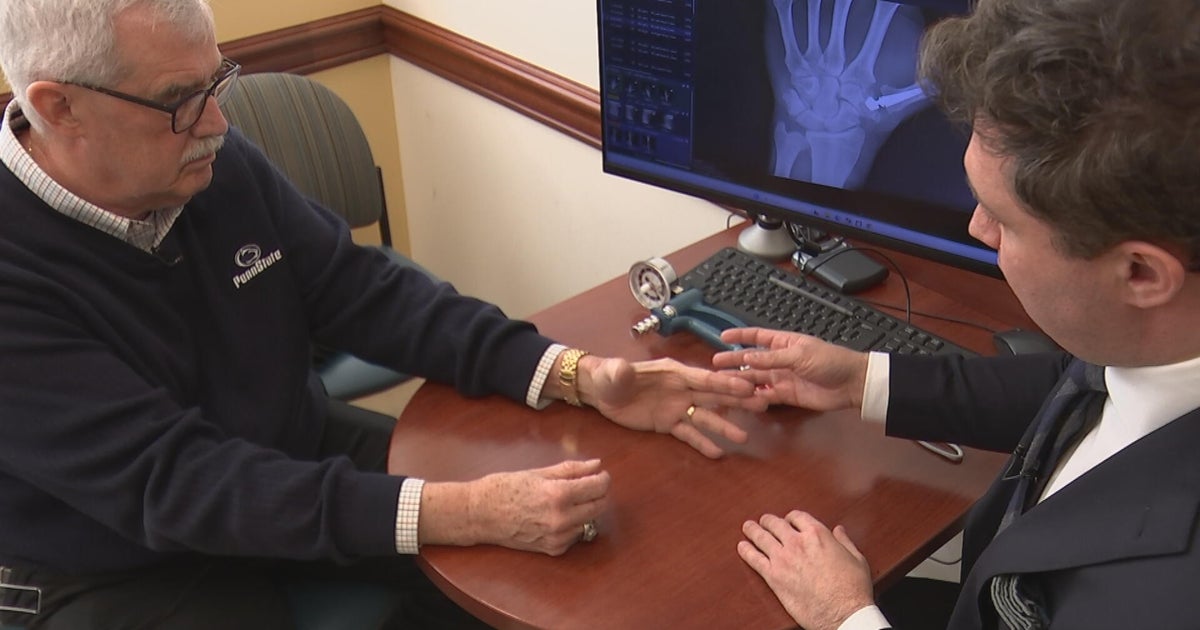3 things to do while interest rates are paused (and 3 things to avoid)
Following encouraging signs that inflation was cooling earlier this year, it actually ticked up again in July and again in August. With the battle to tame it still fierce, the Federal Reserve raised the benchmark interest rate to a range between 5.25% and 5.50%, the highest it's been in 22 years. And that elevated rate is unlikely to drop anytime soon after the Fed elected to keep rates paused in their September meeting.
While an elevated interest rate isn't good news for borrowers, there are still some things Americans can do now to shore up their finances. Similarly, there are some steps they should avoid taking while rates are paused in order to limit the financial pain.
3 things to do while interest rates are paused
Here are three smart things to do before the Fed meets again.
Open a CD
CD rates are currently approaching 6%, with many to be found in the 5% to 5.5% range. So, you should strongly consider depositing some of your money into one of these accounts now. Whether it's $1,000, $5,000, $10,000 or more, now is a great time to start earning more interest with a CD.
Plus, due to the structure of CD terms, you'll be able to earn that elevated rate until your CD expires, even if rates drop during your term. So don't miss the opportunity to make more interest on your money. Get started here today.
Open a high-yield savings account
High-yield savings accounts also come with elevated interest rates currently, although not as high as the best CDs. Still, they could be a great resource for you now, especially since they come with all of the same accessibility features your regular account offers. But rates on these accounts are variable and subject to change without notice so, if you want to take this route, it makes sense to act promptly to start earning interest at today's high rates.
Get started with a high-yield savings account now.
Lock in a mortgage rate
Today's mortgage rates, which hover around 7%, are no borrower's idea of a bargain. But with interest rates all but guaranteed to rise at least one more time this year, buyers should strongly consider locking in a rate now before they lose their window of opportunity. They could always refinance to a much lower rate in years to come. But if they wait too long they could see today's "high" 7% rate become tomorrow's "low" alternative — and they'll need to pay mortgage points to get it back.
Explore your mortgage rate options here to see what you're eligible for.
3 things to avoid while interest rates are paused
And, here are three things to avoid while rates are on hold:
Refinancing your mortgage
Mortgage refinancing traditionally offers homeowners a great opportunity to secure a lower interest rate, pay a smaller mortgage payment and condense the lifespan of their mortgage. But today isn't that time.
Mortgage refinance rates are elevated as well — and likely to be significantly higher than the current rate you have. Unless you can somehow secure a lower rate than what you're currently paying — or unless you really want to pay your loan off quicker — you should avoid refinancing your mortgage now.
Using your credit card
Average credit card interest rates hit a record high of 20.92% earlier this year and have stayed around that mark ever since. So you should be doing all you can to pay cash and avoid using your credit card now. With double-digit interest, this is not a reliable backup funding choice at the moment. Consider everything from personal loans to home equity borrowing instead.
Keeping your money in a regular savings account
As mentioned above, interest rates on CDs and high-yield savings accounts are the highest they've been in years. Rates for regular savings accounts, however? Not really.
With the average rate on a regular account just 0.45%, you're likely losing money by keeping your money in this type of account. Move some over into a CD or high-yield savings account instead (or open both at the same time).
The bottom line
It's always a good idea to be judicious about how you spend and save your money, but particularly in today's inflationary environment. Accordingly, you should take advantage of higher interest rates by opening a CD or high-yield savings account and, if you're in the market for a home, lock in a mortgage rate now before they rise higher. On the other hand, you should avoid refinancing your existing mortgage and steer clear of using your credit cards. And, finally, stop keeping your money in a regular savings account, as the rates these come with won't even keep pace with the rate of inflation.




